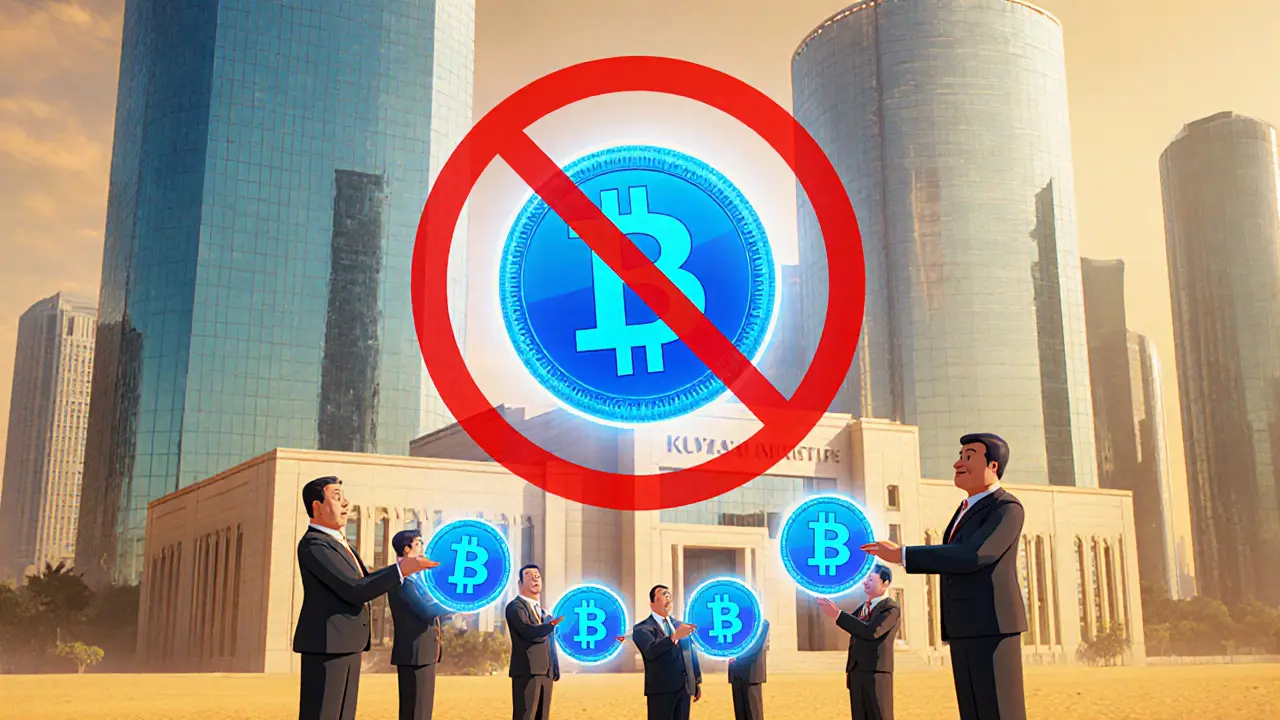Explore Kuwait's absolute crypto ban, banking restrictions, and mining crackdown, with enforcement details, regional comparison, and future outlook.
GCC Cryptocurrency Regulations Explained
When navigating GCC cryptocurrency regulations, the set of legal frameworks governing digital assets across the Gulf Cooperation Council nations. Also known as Gulf crypto rules, they dictate how exchanges, wallets, and token issuers must operate in Saudi Arabia, UAE, Qatar, Kuwait, Oman, and Bahrain. GCC cryptocurrency regulations shape compliance, licensing, and enforcement in a region that blends rapid fintech growth with strict financial oversight.
Key Related Entities Shaping the Landscape
One core entity is Anti-Money Laundering (AML), a set of procedures designed to prevent illicit funds from entering the crypto ecosystem. AML requirements drive customer‑onboarding checks, transaction monitoring, and reporting obligations for every crypto service provider operating in the GCC. Another pivotal entity is Digital Asset Licensing, the official permission granted by a national regulator that allows a firm to offer crypto‑related services legally. Licensing bodies such as the UAE’s ADGM and Saudi Arabia’s CMA evaluate security, capital adequacy, and governance before issuing a license. Together, AML and licensing form the backbone of regulatory compliance in the Gulf, ensuring that innovation does not compromise financial integrity.
The third entity worth noting is the Gulf Cooperation Council (GCC), a political and economic alliance of six Middle Eastern countries that coordinates policy, including financial regulation. The GCC’s collective stance influences cross‑border data sharing, harmonized reporting standards, and joint enforcement actions against non‑compliant operators. Finally, Crypto Taxation Policy, rules that define how gains from digital assets are taxed in each member state, adds another layer of compliance that businesses must embed into their accounting systems. These entities intersect: the GCC sets the regional agenda, AML frameworks guide risk management, licensing formalizes market entry, and tax policy closes the fiscal loop.
Understanding these connections helps you see why GCC cryptocurrency regulations matter. They dictate whether a new token launch can proceed, how an exchange must verify users, and what reporting tools you need to stay audit‑ready. Below, you’ll find a curated collection of articles that dive into specific risks, market trends, and practical steps for staying compliant across the Gulf. From security challenges on centralized exchanges to detailed guides on token licensing, the posts give you actionable insights to navigate the evolving regulatory terrain.
Ready to explore the full range of topics? The articles ahead break down each aspect—security, legal, and operational—so you can apply the right safeguards and strategies in real time.
